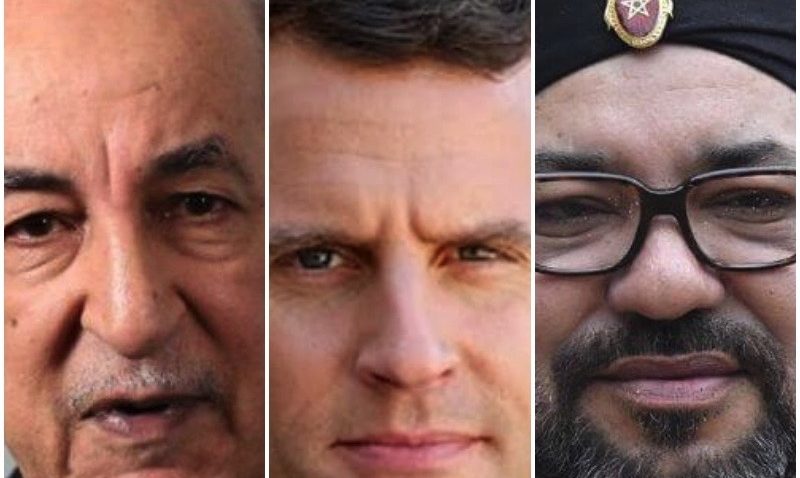Italy became Tunisia’s leading trading partner in the first seven months of this year, replacing France in this position. As a result, Paris is no longer the main partner of any country in the Maghreb, an area considered to be its historical feud. It is a precedent that illustrates the extent of France’s declining influence in the region, exacerbated by thorny crises with countries such as Morocco and Algeria.
In this respect, the Tunisian National Institute of Statistics (governmental) underlined that Italy is not only the first supplier of Tunisia, but also the first partner country before France, confirming that this commercial situation will continue until the end of 2022 because of the import contracts already signed.
France lost its position as Algeria’s largest trading partner several years ago, due to Algeria’s decision to diversify its economy and focus on countries such as Turkey and China. It also lost its first place to a European country in the case of Morocco, where it was dethroned by Spain, although France remains the leading investor in Morocco. Mauritania has indicated for years that it prefers Spain as a European trade partner because of the geographical proximity of the Canary Islands. While France has never been the principal partner of the fifth Maghreb country, Libya.
Although it has lost its first place, France is still among the top five trading partners of the Maghreb countries as a whole, but it is gradually losing this influence. France was the main partner of these countries since the Arab Maghreb countries gained their independence in the late 1950s and early 1960s. Despite the decline in trade, France remains the leading investor in some countries in the region, notably Morocco and Tunisia, and is far from its direct competitors.
The gradual decline of French influence in the Maghreb is due to three factors: firstly, the increased competition from new countries such as China and Turkey, which are intensifying their commercial and political presence. Beijing’s presence is a natural result of China’s economic power in the world, while Ankara sees the Maghreb as a strategic area to become a regional power in the Mediterranean. The competition France faces also comes from European countries such as Spain and Italy.
The second reason is the decision of the Maghreb countries themselves to strengthen their relations with other trading partners in search of new investors. Algeria is at the forefront of this strategy. President Abdelmadjid Tebboune has announced his country’s preference for Italy in order to marginalise France and sanction Spain for its position in favour of Morocco in the Sahara conflict. Algeria wishes to conclude strategic agreements with China. For its part, Morocco wants to develop its relations with third countries, and has announced this strategy on several occasions.
The third factor is related to the crises between Paris and the Maghreb capitals, which have an adverse impact on trade and economic relations in general. In this context, Algeria has reduced the French economic presence over the past year, particularly in the management of certain sectors such as transport and other services.
During his upcoming visit to Algeria on 25 and 26 August, French President Emmanuel Macron wants to resolve the crisis with Algeria. Relations between Morocco and France are also going through their worst silent crisis, as no French minister has visited Morocco for more than a year and vice versa, which is a precedent in the history of relations between the two countries in recent decades.
Among the manifestations of the deterioration of relations between France and the Maghreb region, Paris presided over the European Union during the first half of this year, and no EU-Mghreb summit was organised. Unlike its previous regular presidency when it prepared a special programme to strengthen relations between Europe and North Africa.
At the same time in the Maghreb, France’s influence in its former colonies in Africa has weakened. Paris has repeatedly accused Russia and Turkey of launching a campaign against French interests in Africa.
Reports by French experts in international relations had advised the various presidents to restructure relations with North Africa according to a new concept that takes into account the new data of international politics, but no fundamental change took place.
In short, the decline of French influence in the Maghreb, historically considered a strong bastion of Paris’s political and economic interests, is a sign of France’s declining position in the world.

